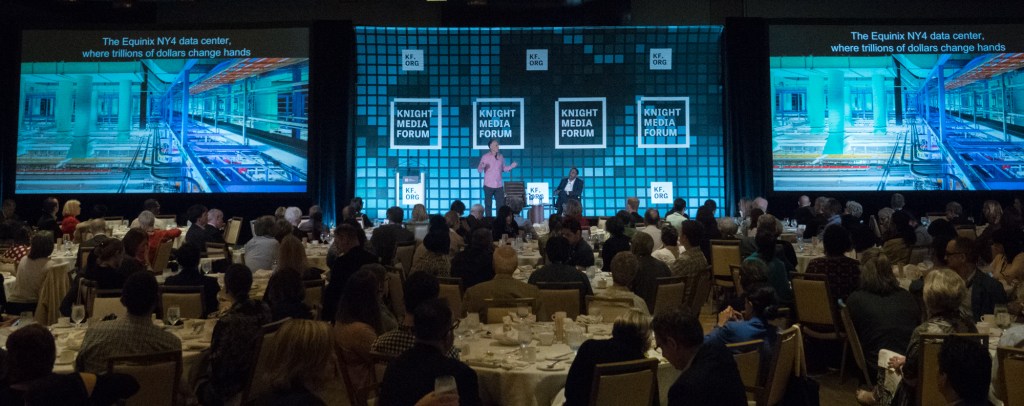
AI in the public interest: How a new fund will advance the ethics of artificial intelligence
Even when we don’t know it, artificial intelligence affects virtually every aspect of our modern lives. Technology and commerce will ensure it will impact every society on earth. Yet, for something so influential, there’s an odd assumption that artificial intelligence agents and machine learning, which enable computers to make decisions like humans and for humans, is a neutral process.
It’s not.
Even algorithms have parents, and those parents are computer programmers, with their values and assumptions. Those values – who gets to determine what they are and who controls their application – will help define the digital age.
Algorithms can reflect standards of beauty, standards of morality, standards of acceptable behavior. As computers learn and adapt from new data, those initial algorithms can shape what information we see, how much money we can borrow, what health care we receive, and more.
For Knight Foundation, and our deeply rooted belief that informed and engaged communities are essential to democracy, exploring artificial intelligence is a natural. Identifying the ethical issues in AI, helping determine who decides them, and engaging diverse perspectives is the way we’ll make the most of AI’s potential to benefit society – and minimize its potential harm.
A group of foundations, investors and academic institutions are joining in this unique collaboration, called the Ethics and Governance of Artificial Intelligence Fund. This effort brings together leading minds in technology, philanthropy and two of the leading academic centers on internet issues. Together, we’re committing $27 million as the initial commitment to the effort. It’s unusual, not just for the mix, but because of the personal commitment and engagement of this group.
Initial principal funders are LinkedIn founder and Greylock Partners partner Reid Hoffman, eBay and Omidyar Network founder Pierre Omidyar, and myself, for Knight Foundation. Joining us in the principals group will be Joichi Ito, director of the MIT Media Lab and a Knight Foundation trustee; Tenzin Priyadarshi, director of the Media Lab’s Ethics Initiative; Urs Gasser, executive director of the Berkman Klein Center for Internet & Society at Harvard University; and Jonathan Zittrain, faculty chair of the Berkman Klein Center. The William and Flora Hewlett Foundation and Jim Pallotta, founder of the Raptor Group, are also contributing to the fund. We anticipate there will be others who will join this effort.
We know that even as the fund grows, it will be dwarfed by the billions industry is spending to develop artificial intelligence. But we believe the strength of our focus can impact the ethics and governance applied. We mean to use logic and research, and persuade by appeals self- and public interest to encourage transparency, embed ethical principles, and engage diverse disciplines and perspectives.
The promise of artificial intelligence is inescapably linked to its public benefit. We will make the most of that potential.
Alberto Ibargüen is president of Knight Foundation. Follow him on Twitter @ibarguen.
R
MIT Media Lab
- Media LabExternal Content / Website
- MIT Project pageExternal Content / Website
Berkman Klein Center
- AI Project pageExternal Content / Website
- Video seriesExternal Content / Website
Recent Content
-
Artsarticle ·
-
Artsarticle ·
-
Community Impactarticle ·


